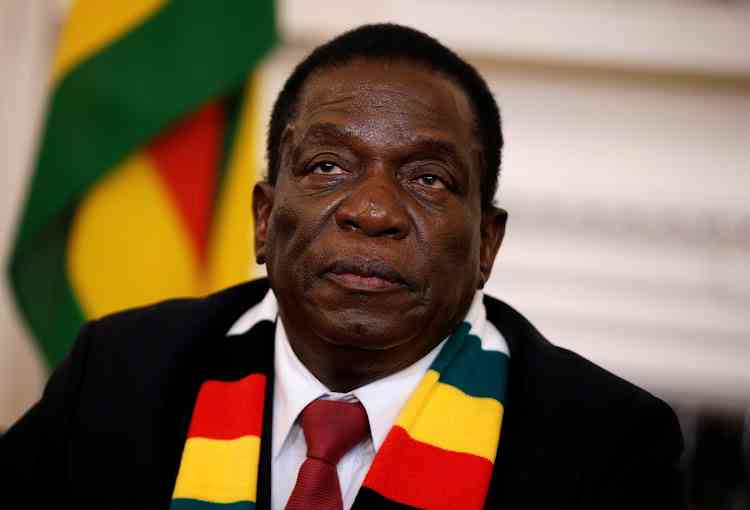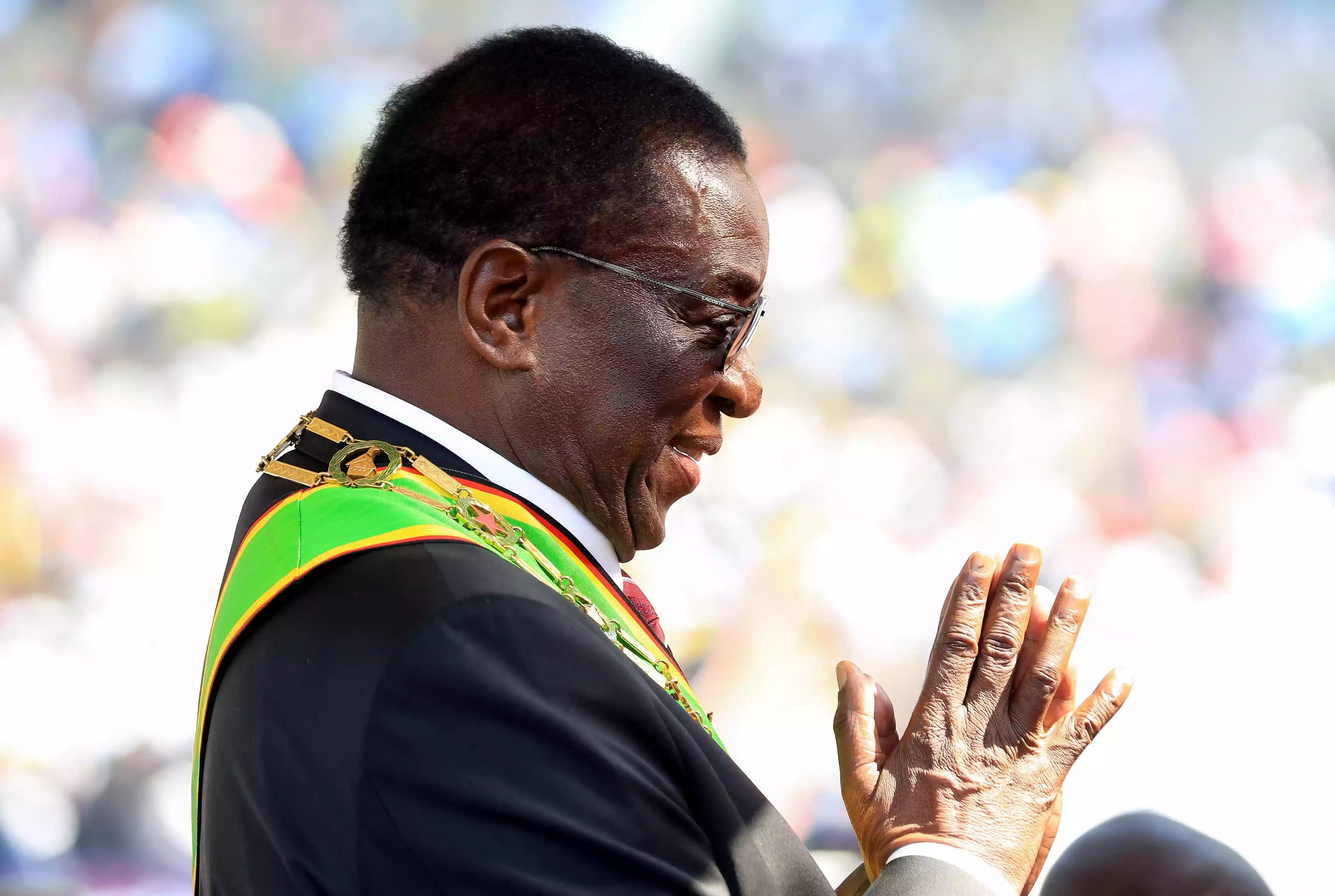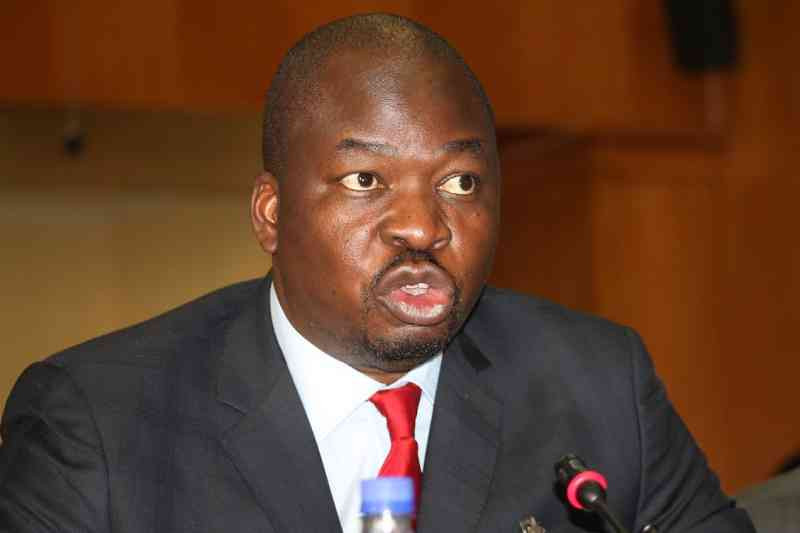
DISCLOSURES by the Treasury that Zimbabwe will mobilise US$300 million from external creditors to fund the ZW$9,2 trillion budget deficit (US$1,6 billion) will have dire implications on the public debt profile and economic growth. Under normal circumstances, seeking debt to fund the budget would not be worrisome. But Zimbabwe is already heavily indebted with a US$17,5 billion debt overhang, which is close to 50% of the country’s estimated US$40 billion gross domestic product.
Mobilising an additional US$300 million will inflate Zimbabwe’s odious debt stock. Zimbabwe’s combined foreign debt overhang is US$14,04 billion. Domestic debt accounts for US$3,4 billion. Apart from raising funds, through external loans, the Ministry of Finance, Economic Development and Investment Promotion will also issue Treasury Bills and bonds amounting to ZW$5,8 trillion (about US$1 billion) to fund the budget gap. As the International Monetary Fund (IMF) has indicated, Zimbabwe is in debt distress. It already owes the World Bank, the African Development Bank and the Paris Club, among other creditors.
It has been denied access to fresh lines of credit because it has defaulted. High debts elevate the country risk, they force lenders to charge high interests on public and private sector borrowing. This is why Zimbabwe is ill equipped to handle the additional US$300 million.
It becomes imperative for the country to pursue a holistic and sustainable roadmap to clear the country’s gargantuan debt obligations.
The optimism that was generated when President Emmerson Mnangagwa’s administration appointed former Mozambican leader Joaquim Chissano and African Development Bank president Akinwumi Adesina to lead Zimbabwe’s debt clearance strategy is fizzling out. The plan must be brought back on track. But it is also important for Zimbabwe to implement reforms agreed under the debt clearance strategy for it to hold. Chissano and Adesina spelt out a cocktail of political and economic reforms, including staging a credible election that Harare had to implement to help extinguish its debt obligations.
Implementing these reforms will be vital. But for now, the situation gets complicated when considering that apart from the US$300 million, Zimbabwe plans to issue TBs bonds to fund the deficit.
This means the country will accumulate more debt. The southern African country has also struggled to satisfy IMF conditions under its Staff Monitored Programme, further compounding the debt clearance and reengagement strategy. This is an important factor in the current debt clearance engagements, which must be taken seriously. A carefully crafted budget that seeks to benefit from Zimbabwe’s rich natural resource, especially minerals, would have been better. About US$150 billion is siphoned from gold alone, annually, through back stage markets involving the politically connected.
If authorities were genuine, they should plug these loopholes. While CITES rules make it difficult to trade in ivory stockpiles, it is within Ncube’s ability to see how such resources can be monetised to fund the budget, in the same way he chose hefty taxes.
- Mavhunga puts DeMbare into Chibuku quarterfinals
- Bulls to charge into Zimbabwe gold stocks
- Ndiraya concerned as goals dry up
- Letters: How solar power is transforming African farms
Keep Reading
On the other hand, he must seriously pursue ongoing debt restructuring efforts.










